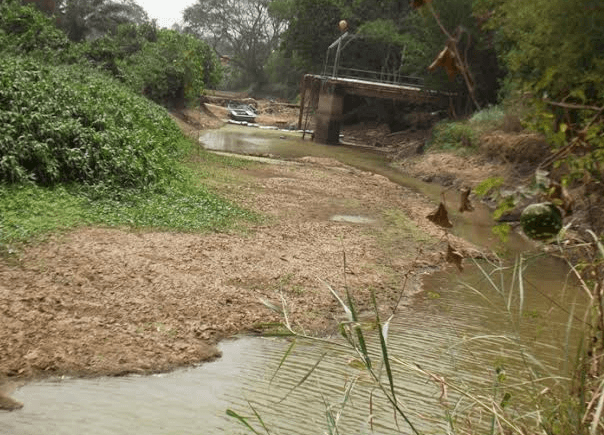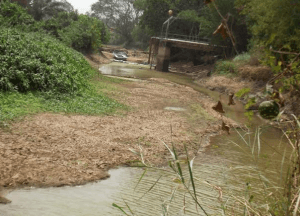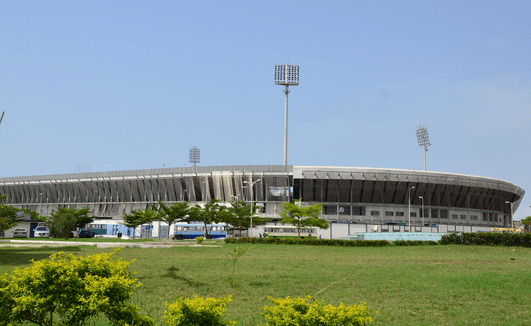


The Centre for Biodiversity Conservation Research (CBCR) has expressed deep concern over emerging threats to the Densu Delta Ramsar Site.
This follows reports that armed security personnel forcibly entered the premises of Panbros Salt Industries Limited at Gbawe to enforce a claim by a Chinese national seeking to develop a portion of the protected wetland.
Media reports indicate that the investor at the centre of the dispute intends to convert part of the ecologically sensitive area into a real estate enclave and a roofing-sheet manufacturing plant, among other industrial uses.
The same investor is reported to own the Empire Cement Factory, which environmental advocates have long accused of encroaching on the Ramsar site.
In a statement copied to the Ghana News Agency (GNA), the CBCR underscored the “critical importance” of the Densu Delta, describing it as a fragile coastal ecosystem that supported thousands of livelihoods.
The wetland’s fisheries, the Centre noted, are a major source of food and income for communities both near and far, forming an essential pillar of local economies.
However, the Centre warned that existing industrial activity, notably cement production, already posed severe risks to the ecosystem.
Chemicals used in cement manufacturing were seeping into water bodies, threatening aquatic life and food security, according to the statement.
“Alarmingly, this contamination extends to locally harvested salt, which ultimately makes its way into our food,” the statement said describing the siting of a cement factory within the wetland as fundamentally misguided.
CBCR described recent attempts to claim and alter more of the wetland landscape for industrial purposes as “a slap in the face” to national environmental stewardship efforts and a violation of key international treaties.
These included the Convention on Biological Diversity and the Ramsar Convention, to which Ghana was a signatory.
The organisation also linked ongoing destruction of the wetland to the rising incidence of perennial flooding in Gbawe and other low-lying coastal settlements.
It explained that unregulated development, land reclamation, and industrial encroachment were eroding natural flood buffers, leaving communities increasingly vulnerable to the compounded effects of climate change.
“The degradation of the delta’s natural defences not only disrupts daily life and economic activities, but also puts lives at risk,” the Centre cautioned, warning that the situation could deteriorate rapidly if immediate actions are not taken.
CBCR pledged support to the Wildlife Division of the Forestry Commission in efforts to safeguard the Ramsar site and called on national security agencies, land-administration bodies, environmental regulators, and the judiciary to suspend all earth-moving and water-flow-altering activities on the contested land until a comprehensive environmental assessment is conducted.
The Centre emphasised that sustainable development and environmental protection “are not mutually exclusive,” stressing that the Panbros Salt incident goes far beyond a simple land dispute.
Instead, it represents a major threat to biodiversity, coastal stability, flood resilience, and the livelihoods of local communities.
CBCR had therefore urged all stakeholders to act “swiftly, transparently, and in the national interest” to prevent further degradation of one of Ghana’s most important wetlands.
Source: GNA
The post CBCR raises alarm over growing threat to biodiversity at Densu Delta Ramsar Site appeared first on Ghana Business News.
Read Full Story






















Facebook
Twitter
Pinterest
Instagram
Google+
YouTube
LinkedIn
RSS